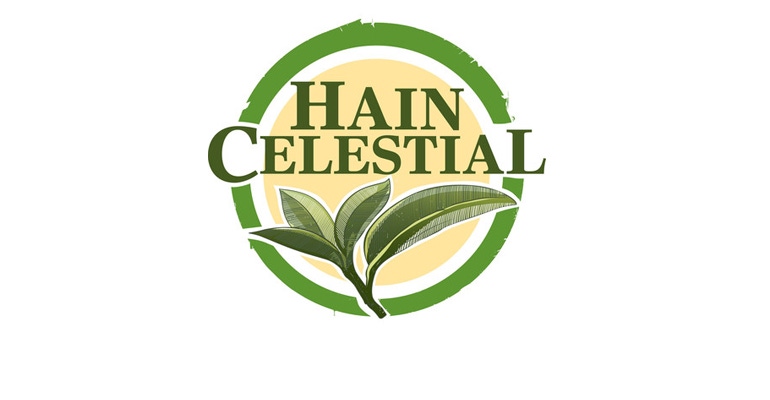Cost-cutting, core brands take focus in Hain's first earnings report in more than a year
With an accounting review behind it, natural and organic products maker Hain Celestial plans to double down on high-performing brands and focus on efficiencies.

Hain Celestial’s long-awaited financial results announced Thursday fell short of expectations.
The natural and organic products company paused reporting its quarterly earnings in August as it conducted a nearly yearlong accounting review and audit that was initially related to the evaluation of the timing of revenue recognition but expanded in scope. Upon completion of the review, the company said it didn’t need to make any material changes to its prior earnings reports. Hain last reported earnings in May 2016.
“We have made tremendous improvements in our financial controls, improving processes and upgrading and adding key personnel,” said James Langrock, the company’s newly appointed executive vice president and chief financial officer.
Net sales in the first three quarters of fiscal year 2017 were $2.1 billion, a decrease of 0.9 percent over the same period the previous year. U.S. sales decreased 6 percent year-over-year, but sales grew in the United Kingdom (3 percent), Canada (8 percent) and Europe (15 percent). Hain reported an adjusted EBITA of $189.8 million, compared to $287.8 million in the prior year period.
“Like many other companies, we have experienced a challenging global, economic and food retail environment,” Langrock said, later adding that the majority of the operational issues it faced in the first nine months of the year have been resolved.
Gary Tickle, CEO of Hain Celestial North America, said the business reduced its SKU count about 20 percent in 2017 to focus on core products and brands including Celestial Seasonings, Dream, Earth’s Best, Garden of Eatin’, Imagine, MaraNatha, Sensible Portions, Spectrum, Terra, Greek Gods and Alba Botanica. “We will enhance investments in consumer engagement with a focus on brand-building assets, consumer insights research and consumer communication,” Tickle said. “We’ll also invest with our retailer and distributor partners to drive improved execution in stores as well as to expand our online offerings in partnering with e-retail channels.”
In light of the recent Amazon-Whole Foods acquisition news, CEO Irwin Simon commented that Hain is one of Whole Foods Market’s largest suppliers across many categories, and Amazon is one of its fastest-growing customers. “We expect the combination to be very positive for Hain Celestial,” he said.
As it doubles down on driving penetration of top-performing brands and SKUs, Hain leadership also outlined a plan to realize $350 million in cost savings by 2020. “Our global productivity initiatives will include plant productivity, co-pack savings, network optimization in the area of manufacturing, sourcing and logistics, supply chain investments that will enable us to drive efficiencies and lower costs across manufacturing, logistics and planning infrastructure,” Simon said. “Importantly, a portion of these savings will be reinvested to fund our strategic growth and enhance our margin initiatives.”
Hain said it is aiming for 4 percent to 6 percent sales growth in fiscal year 2018.
About the Author(s)
You May Also Like




